Ilia photo
By
Hazel Speed
Music provides such an important element within our daily lives – radio jingles, TV dramas and diverse programmes, stage shows, ballet, orchestral concerts and opera; rock and pop groups, the choice of records we may purchase and songs we relate to whether past, current or future. Music sets the mood, lifts one’s spirits, consoles or generates a shed tear by its associations to things of the heart or emotions.
Accordingly, my sincere thanks to popular and successful Composer Robert Carli for participating in the following interview.
Hazel Speed: Did you always realise that music would prove to be so important in your life?
Robert Carli: “Always” would be a bit of a stretch. However, by the time I was about 15 or 16 I had become quite passionate about playing and writing music, and hoped it would become something I could do indefinitely. Looking back, I don’t believe I thought of music in concrete terms, as in “this is what I wanted to do for a job, etc…” As a young musician, you are constantly discovering new music and new performers and composers and it can all be a bit overwhelming. I think you have a certain thirst for knowledge and understanding, and that can fuel your desire to learn more and try new things.
HS: As many musicians and composers, you seem to have the ability to play a number of instruments. Have you a preference or are they all equally important to you, given each has its role within your work as a composer?
RC: I do play the piano quite a bit, and use a keyboard to sketch my ideas into the computer when I’m writing. But I’m not a very accomplished pianist. My main instrument (and the one I will play in public from time to time) is the saxophone. I do own a few guitars and will use them from time to time to try out ideas. I do think playing various instruments can help you understand better how to write for them and can also take you out of your comfort zone, which can sometimes take you to new places sonically.
HS: Your website is most interesting. It lists so many Awards over the years and various achievements generally. Does this provide a sense of affirmation that your musical abilities are appreciated and understood by your chosen industry?
RC: While I am always grateful to get some acknowledgement from my peers, I don’t think they can truly make anyone feel like they are a better composer or performer than they are without the awards or accolades. I think most creative people know inside their heart when their work is good or not, and similarly, they know when something is not very good. Whether or not it gets praise or acknowledgement I think bares little impact on one’s growth as an artist. It’s always nice to go to the party, but it only lasts a few hours…
HS: What was the very first composition which was accepted at the start of your career, how did it make you feel knowing you were on the way to a career you desired, and did it help knowing that Toronto was such a great environment to be in regarding the world of TV and films?
RC: That’s a big question. My career, like that of many composers, is really a long evolution. There was no starter’s pistol, per se, so there was never a moment when I felt like it was really getting underway. Heck, there are times when I still feel like I’m on the runway…Ha!. I did a lot of writing for all sorts of things before I did my first film score. Chamber music, rock bands, songs, arrangements, music for commercials, jingles…you name it. But I did know at the time that Toronto is a very rich city culturally and could offer all sorts of opportunities for a musician. So I decided to stay here where I could continue to wear all kinds of hats until I found a few that fit.
HS: Your music has an integral sound instantly recognisable and not every composer has that gift, are you aware of that yourself and to what do you think is that attributed?
RC: Well, I think that it’s a goal of every composer to discover their voice. I’m not always certain I’m attaining that, and certainly in film and TV you are often required to compose in styles that may deviate from your typical style. But if your voice can still somehow be heard under those circumstances, then I suppose that is a good thing. So thank you!
HS: I have noticed that the bass notes often indicate a pace whilst at the other end of the spectrum there is a counterpoint and melody, each complementary to the other. What inspires you when commencing a composition as you have great skill in capturing the time and moment of what your music portrays, a piquancy?
RC: When composing for picture, I think pace and timing is everything. So I usually start there. Trying to detect the rhythm of a scene can really help inform the tempo and feel of the music. I may have a melody that I like that I have written, but if I can’t find the right tempo, then it will often compete with what’s happening on screen.
HS: Murdoch Mysteries‘ theme music is unique, most memorable and commands attention. It succinctly encapsulates the ethos of the drama. Tell us, was the light bulb popping at the beginning of your concept or was that added as an effect later on, and how did that commission come about?
RC: I wrote the theme before the visuals were done, so the visual effects people get all the credit for the lightbulb. I had written a couple of demos for the opening. Three in fact. I played them for Christina Jennings, the executive producer of Murdoch Mysteries, and she right away said “That one,” referring to a sketch of what we now know has the theme of the show. There’s a certain rhythmic bed to the theme that I think helps propel the piece, and it’s got a few motifs that I can mine regularly for material in the score. CJ approached me to write the theme as I had done the three “Murdoch Mystery” movies that they had produced a few years previous to the start of the series. It’s funny to look back at that first season, having done the movies, which were quite different in tone and design from the series. At the time, I don’t think anyone would have guessed the show would become so popular for so many seasons.
Character themes have evolved over the years. I do like to write motifs or musical gestures for the various characters and I like to come back to them from time to time. The themes tend to be more episode specific, rather than character specific. So there’s no Brackenreid theme. But there’s a theme or idea that I try to write for each episode in an attempt to make it unique. So on the episode I just finished, in which Brackenreid spends a lot of time painting, I came up with a couple of painting motifs.
HS: Can you tell us your future projects or ambitions.
RC: Currently, Shaftesbury Films, the company that produces Murdoch, is developing a new mystery series called “Frankie Drake Mysteries”. It’s set to air next month…should be fun! The show follows Frankie Drake, a private investigator, as she tries to fight crime against a backdrop of the roaring 20s in Toronto.
HS: How do you plan your daily work routine, and do you put in a long day, dependent upon inspiration and deadlines of course?
RC: I think the trick is to try to stay organized. During busy times (like right now) my days are very long. The deadlines are fierce and frequent, so you really have to plan how much music you will write in a day, and then try to get it done!
Robert Carli has provided us all with an insight of the skills required and utilised within the remit of being a composer, and, as he so aptly and succinctly put it himself, it is the same whether one is acclaimed or yet to be discovered in the world of music.
His replies are poignant, like the sound of a flute –
clear, intriguing, yet also as far reaching as that of any church bell!
Thank you Robert, and all good wishes for your various projects, both now and in the future.
Your musical talents bring great joy to others.
Robert Carli
Robert Carli is one of Canada’s busiest and most in-demand composers for Film & Television. His music has received numerous industry awards and nominations, including 18 Gemini and Canadian Screen Award nominations, 5 Gemini Awards and 3 Canadian Screen Awards. He is the recipient of several SOCAN Awards for domestic television.
Robert has just finished composing music for the Netflix Miniseries TOKYO TRIAL. He recently completed the score for Ken Finkleman’s latest feature film THE EDUCATION OF WILLIAM BOWMAN. Currently, he is working on his 11th season of Shaftesbury Films’ MURDOCH MYSTERIES (CBC), and his second season of WYNONNA EARP for SyFy (US). His recent past work includes Global TV’s critically-acclaimed medical drama REMEDY, CBC’s police drama CRACKED, and George A. Romero’s zombie movie SURVIVAL OF THE DEAD. The diversity of Robert’s music can be attributed in part to his years of experience as a performer of musical styles ranging from avant-garde and classical to jazz and rock.
Robert also recently collaborated with singer/songwriter Danny Michel to release KHLEBNIKOV, an album of music written aboard a Russian icebreaker ship crossing the Northern Passage, featuring Chris Hadfield.
After graduating from the University of Toronto with a degree in composition, he began performing as saxophonist with various ensembles, including The Toronto Symphony Orchestra, The National Ballet of Canada and The Esprit Orchestra. He has performed and toured with artists across North America and throughout Europe, and has worked with such performers as Barenaked Ladies, Julie Andrews, and Madeleine Peyroux. Mr. Carli has collaborated on numerous projects with The Art Of Time Ensemble, including two recordings and a composition based on prose by Michael Ondaatje, which premiered with the author as narrator.
Hazel Speed
Photo (c) Hazel Speed – used by kind permision to Tuck Magazine
Hazel Speed is a Philosopher, Writer, and Artist with various creative projects at differing stages of development. Her flaship project is an animation which has produced a film short: www.thepinkprofessor.com. She has also written an E-novel, ‘Just Suppose…!‘ which is available via the attached link.
Art sites: www.candystoreart.com, www.terrificart.com, www.artbadges.co.uk

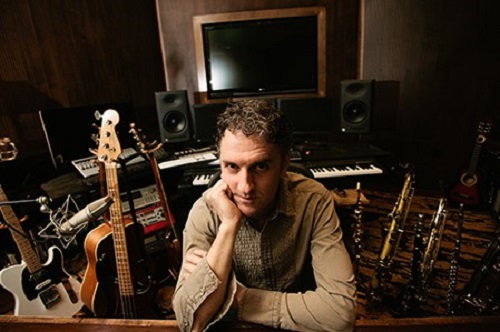
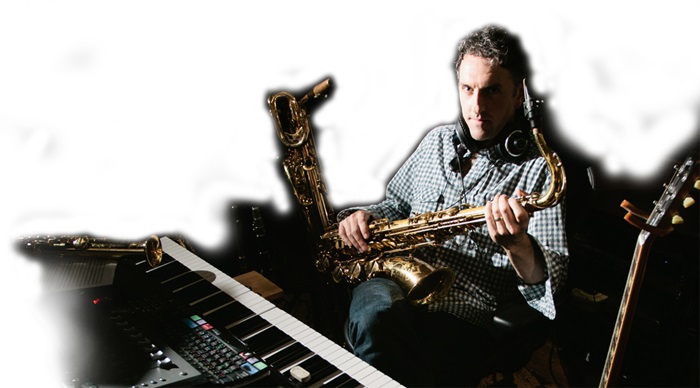
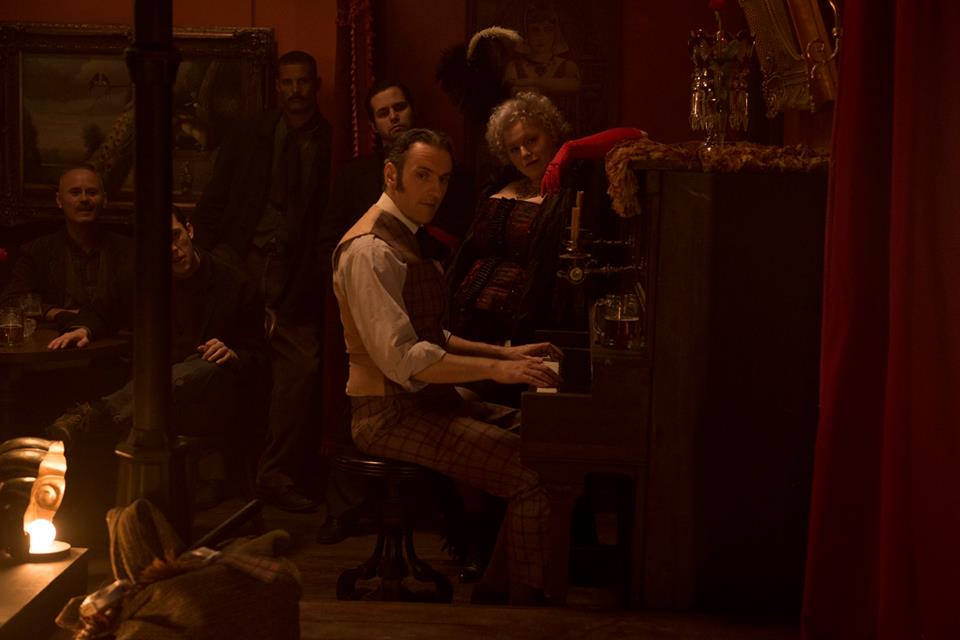
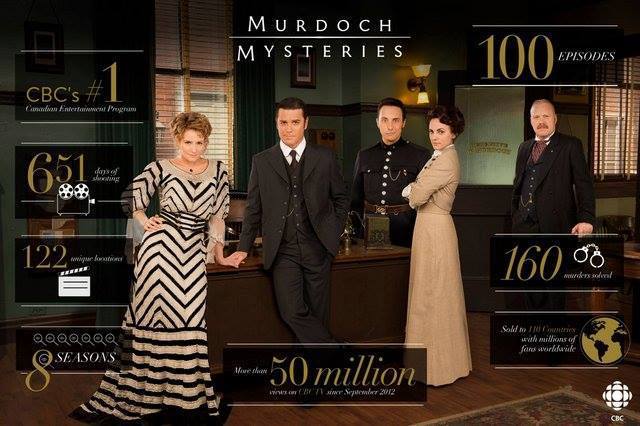
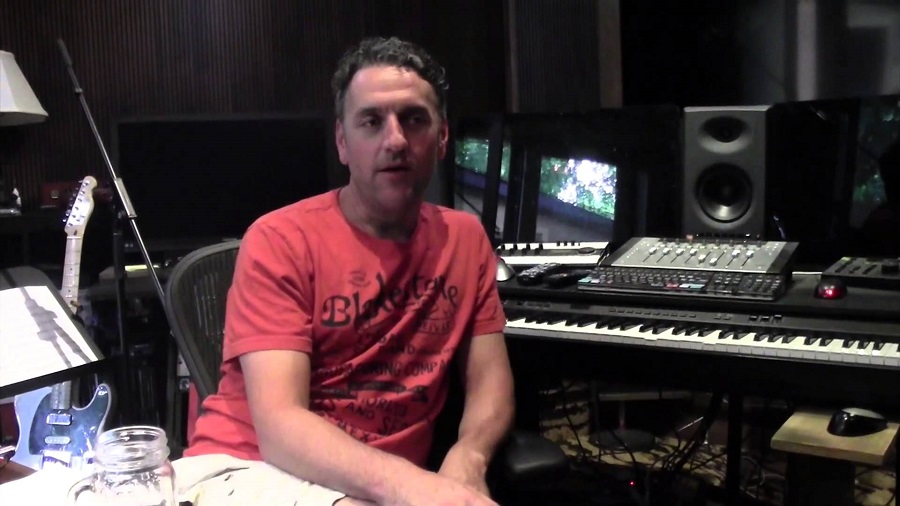


No Comments Yet!
You can be first to comment this post!